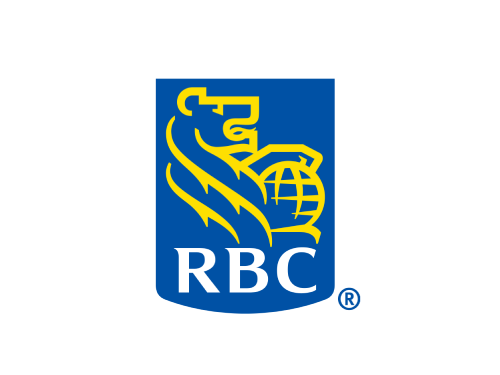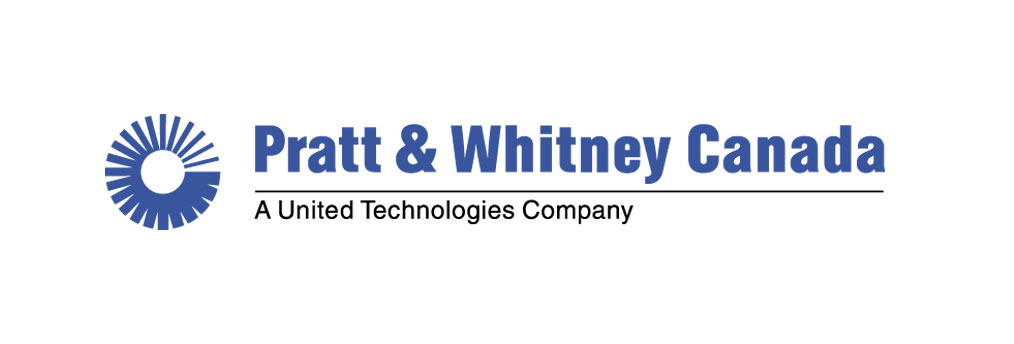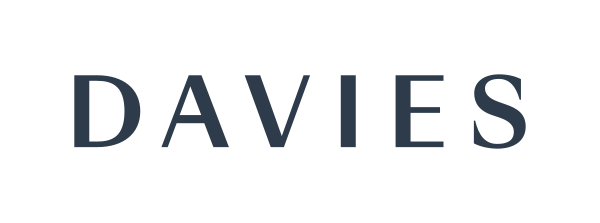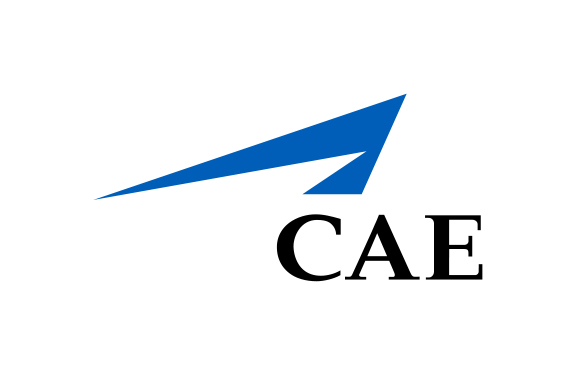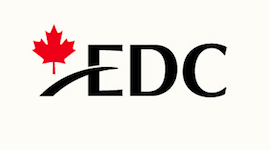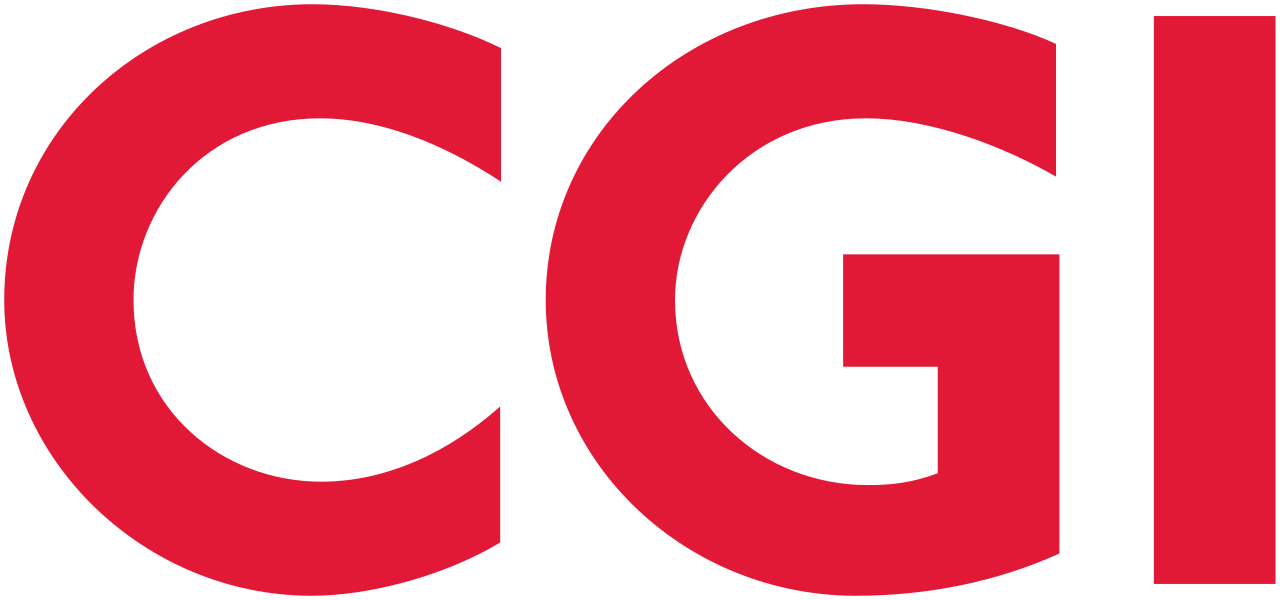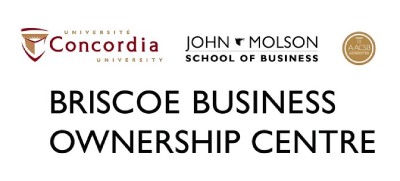Let the Games Begin
[img_assist|nid=850|title=|desc=MBA International Case Competition organizing committee Raymond Najm, Karine Wei and Megan Pickering, in their Guy Metro Building offices. “The neat thing is that we are involved in every aspect,” Pickering says. “It’s kind of like running your own business, where you touch everything.” (photo: Linda Rutenberg)|link=none|align=right|width=401|height=283]
Come January 8, 2001, the Queen Elizabeth Hotel in Montreal will reverberate with the sound of pencils sharpening and calculator buttons being punched. Heads will spin from competitive pressure and the fumes of transparency pens. Heartbeats will accelerate. The Games will begin.
But rather than faster, higher and stronger, the objectives here are smarter, better presented, more insightful… not as punchy as the Olympic motto, perhaps, but these are MBA students, after all. And they’re converging on Montreal from around the globe for the twentieth running of Concordia’s MBA International Case Competition. There are no steroids with this crowd ‚Äî not even laptops are allowed. Armed only with pencils, paper, a low-tech calculator and blank transparency sheets, over the course of five days each team will present five cases ‚Äî sometimes two a day. This is a marathon, not a sprint.
The world of the MBA case as performed during the competition goes like this: each morning, 30 teams of four students receive the case for the day, a document describing real-life problems faced by a company or institution (see sidebar), selected by the Case Competition’s board of directors. Normally, a case demands a comprehensive and lengthy analysis before a presentation, but here students have a scant three hours to read it, break down the problem into fiscal, internal, external or other factors, select the best possible ways of addressing the problem(s) and prepare the presentation transparencies. The process concludes with a head-to-head battle as two teams present their cases before a panel of judges drawn primarily from the local business community; with 30 teams involved, there are 15 such confrontations in each round.
“It’s an intense competition,” says Tim Field, BCom 96, MBA 00, who’s had the benefit of seeing it from different angles. Last year, as an MBA student, he was the alternate for Concordia’s team; this year, as a faculty member, he is teaching the course that prepares students specifically for the competition. “Judges are generally industry leaders,” he notes, “so there is a bias to see action. You can give great analysis, but if you don’t give them hands-on directions….” The consequence is clear: defeat.
The MBA Case Competition was inaugurated in February 1982. At that time, members of the Commerce Graduate Students’ Association worried that their program had too low a profile, so they proposed to the Faculty of Commerce the idea of a case competition with other Canadian business schools. The Faculty agreed but stipulated that the students must be responsible for its design, organization and execution.
The virgin run was a more local affair, with five Quebec and Ontario universities preparing and presenting cases before a panel of professors. It was deemed a success, and an October 1983 report, “The Future of the MBA Case Competition,” by Nora Kelly, L BA 72, MBA 88, one of the student organizers of the 1982 competition, posed the burning question: “Could the Montreal MBA Case Competition become the Canadian MBA Case Competition?”
That optimism proved to be an understatement. The competition is now truly international ‚Äî indeed, two years ago it was won by a team from Peru. In this year’s event, 30 schools, including 15 from Canada, seven from the U.S. and eight from other countries from around the world will be convening to prove their mettle. “At one point,” says Pierre Brunet, until 1999 a faculty member in Commerce and Business Administration, “there were 36 teams competing, but it was too big to handle; we learned about the limits of growth to this thing.”
Brunet, now president of Moody Industries in Terrebonne, Quebec, has witnessed the competition from its infancy. In the early years, he recalls, faculty had greater involvement, but it soon became obvious that a more formal structure would be needed. A team of three students was selected each year to run the competition, and Brunet helped recruit people from the business world to serve on the board of directors ‚Äî “really a board of advisers,” he points out.
This year’s organizing committee of Megan Pickering, Karine Wei and Raymond Najm applied for the job as a team, giving a presentation in front of the board and the previous year’s team. “It was the most nerve-wracking thing I’ve done, because we wanted it so badly,” says Pickering, who has a BSc from Queen’s University. The job is worth six credits but in terms of work “it’s probably the equivalent of about 12,” she laughs. The committee’s many responsibilities include fundraising: no small task, as this year’s competition runs on a budget of $150,000 in money and gifts. As William Duke, S BCom 71, MBA 75, another board member and a vice-president at the TD Bank, points out, “This is real-life organization and managing.”
For students who would rather compete than organize, Concordia offers Field’s preparatory course, which simulates the pressure-cooker environment of the competition. “Each class is like an exam,” he says, leading one to wonder why students would gravitate towards it so enthusiastically and in such great numbers. Yet the registration process involves whittling down a long list of applicants. Field explains, “I found it the most interesting course in the MBA program.”
The course is a valuable learning exercise, and it’s helped Concordia finish second in the competition three times, most recently in 1998. The 2001 Concordia team will be selected in the final week of classes, and will meet again to prepare further over the winter holidays. How is this year’s squad shaping up? “I have some very talented students in my class,” says Field, “but we did last year too” ‚Äî when Concordia lost four close decisions out of its five cases.
What do judges look for most? “I wish I knew the answer to that,” says Field. “What might work well for one panel of judges might not for another.” But one thing judges are looking for is a stimulating experience, and word around the water cooler is that the Case Competition delivers. “Anyone who has been a judge wants to come back,” says Mackie Vadacchino-de-Massy, BCom 82, MBA 84, a member of the board of directors and president and CEO of the Montreal career management consulting firm Murray Axmith. As Brunet points out, “Getting judges in the 1980s was difficult, but since then, as the competition acquired more visibility, this difficulty vanished.”
[img_assist|nid=165|title=|desc=Board of directors member and MBA alumna Mackie Vadacchino-de-Massy, at the offices of career management consulting firm Murray Axmith. “Students who are competing have this fever about them,” she says of the atmosphere during the Case Competition. “There’s a lot of positive energy during that week that makes it a fun event and very exciting.|link=none|align=none|width=640|height=508]
He explains, “Judges chair the panels, break ties, understand and interpret the rules, break up fist fights and do whatever else has to be done.” With 300 judges, ensuring consistency is an ongoing challenge. Lead judges are designated well in advance of the competition and counselled on their responsibilities. Orientation meetings for all judges are cleverly disguised as cocktail parties. It seems to work. The high absenteeism of several years ago, which saw Brunet on the phone the day of a competition trying to find friends to fill in for over 20 percent of the judges who didn’t show up, has vanished. “We have impressed upon them the seriousness of the competition and their role,” he says.
There are significant benefits to being a judge: as Vadacchino-de-Massy points out, networking opportunities abound. “I’ve met several people through judging who have become my clients,” she says. And students are also part of the process, she notes. “A lot of judges are recruiting, and students know that.” Organizers also have the chance to strut their stuff before the movers and shakers of the business world. Bill Duke recruited a 1999 Case Competition organizer, Carl Tischuk, BCom 90, MBA 99, for the TD. “I thought he was a great organizer and a very enthusiastic and bright guy, and I wanted him with the bank,” Duke says.
And of course Concordia’s reputation is only enhanced by its association with the competition. “Prior to coming here I was examining lots of business schools,” Pickering recalls. “At an information session probably a year before I applied, one of the Case Comp organizers told me, ‘This is such a great event ‚Äî it’s a lot of work, but it’s just fabulous.’ The MBA Case Competition was one of the reasons for me to come to Concordia.”
Says Duke, “The event’s primary importance is for the University. Some of the U.S. schools have teams that travel the circuit of case competitions and they always gauge ours to be one of the best. And we keep getting people back year after year because of the quality of the affair.”
That success can be traced directly to the energy, commitment and enthusiasm of the student organizers and the board of directors. “Schools really come focused to compete,” says Field, “but ultimately it’s a game, and you have to take it in the proper spirit. You should want to do well, but also to have fun.” Let the Games begin.
Patrick McDonagh, PhD 98, is a Montreal freelance writer.
The Concordia 2001 MBA International Case Competition will take place at Montreal’s Queen Elizabeth Hotel, January 8-13, and is open to the public.







